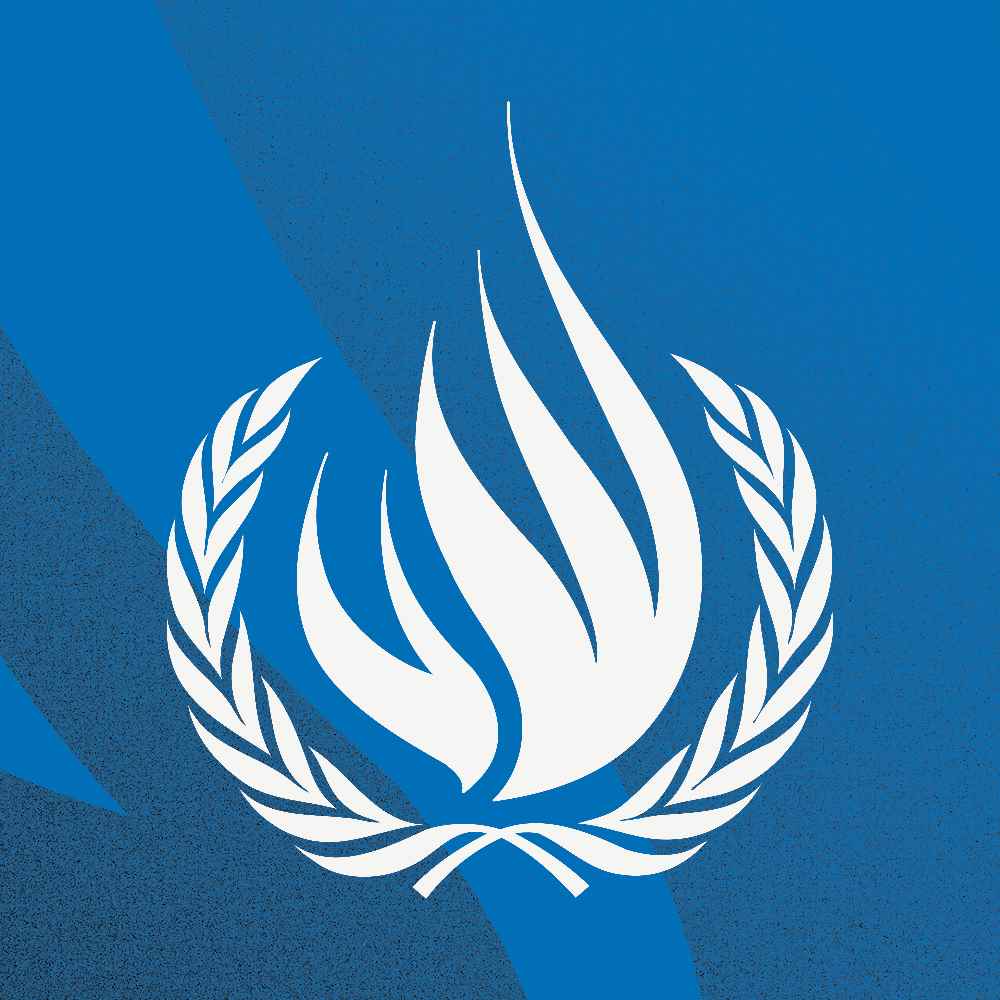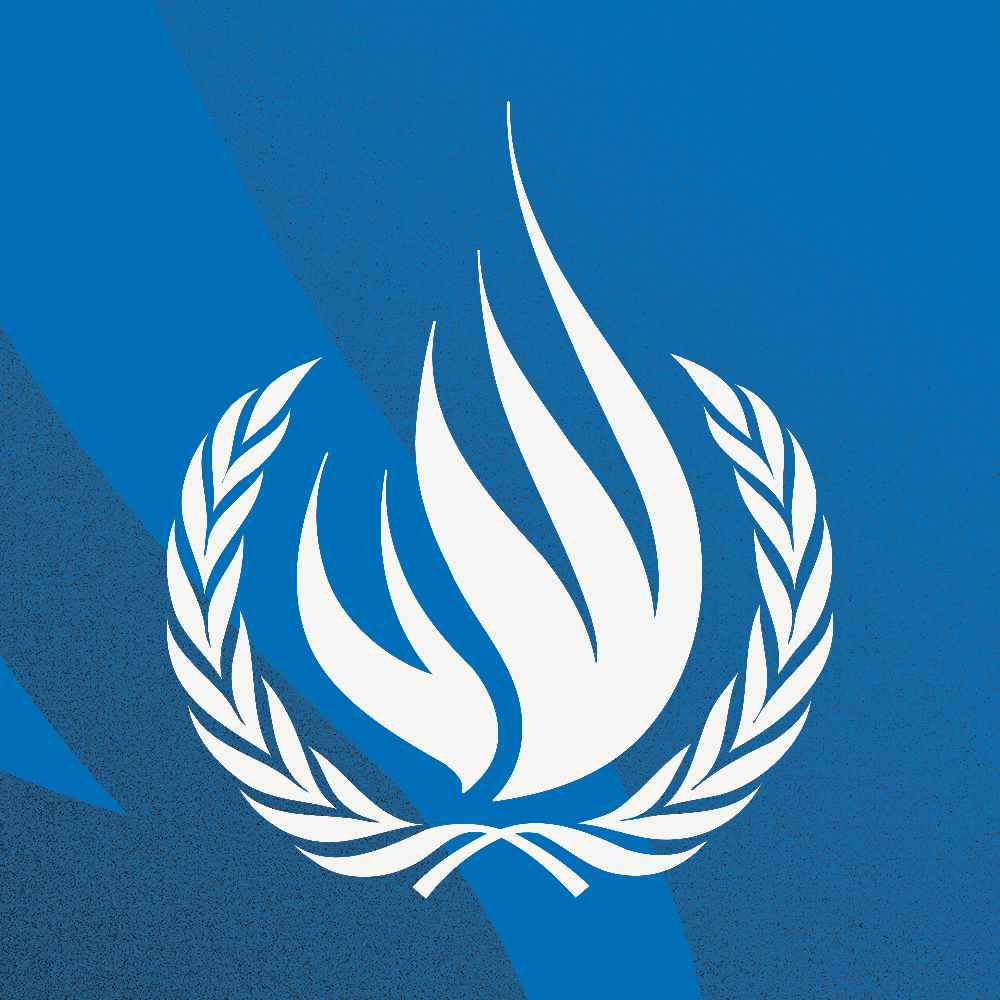
Agenda item 2
Address by Mr. Kamel Jendoubi, Chairperson of the Group of Eminent Experts on Yemen
On behalf of my co-Experts, I have the privilege to deliver this briefing pursuant to this Council’s request set forth in its Resolution 45/15 of 6 October 2020.
Since we presented our last report in September 2020, several events have occurred. Before starting with those directly affecting the implementation of the present resolution, as requested, we would like to thank the Coalition and the de facto authorities for their responses to our report that have been duly taken into consideration.
You will recall that this Council extended our mandate for a further year, and substantively expanded our mandate in several respects. Despite this expanded mandate, the Group of Experts has not been furnished with the requisite human and material resources to carry it out, mainly because of the liquidity crisis within the United Nations regular budget. That this is the case, half way through our present mandate, is wholly unacceptable and sends the wrong message to people suffering in Yemen at a time when they need all the support the international community can muster.
The war in Yemen will soon enter its seventh year and shows no signs of abating. Tragically, as the conflict continues, violations of international human rights and humanitarian law continue to be perpetrated at an alarming rate and scale. In previous mandates, given the sheer scope and number of the violations occurring on the ground, the Group of Experts has had to prioritize the examination of various categories of violations and numerous incidents according to their gravity, intensity and significance. The current delay in the establishment of the Secretariat due to the United Nations regular budget liquidity crisis and the related recruitment freeze, has further severely impeded our ability to discharge our mandate.
The Group remains gravely concerned about the very heavy toll of the conflict on civilians.
The failure to reach a permanent and comprehensive peace agreement has mired Yemenis in a bloody quagmire, the negative impacts of which are exacerbated by the deteriorating economic and political situation.
Although the exchange of 1,056 prisoners between the Government of Yemen and the de facto authorities in October 2020 represents a positive development, it also demonstrates the magnitude of the campaign waged by the parties to the conflict against civilians, as measured through their policies of detentions and forced disappearances. Women, holding photographs of their disappeared relatives, have become an enduring image of suffering in Yemen. An image that speaks volumes about the gravity of the violation of enforced disappearance: the taking of a father, a husband, a brother or a son, the desperate search for their whereabouts through official and unofficial channels, and the misery for those left behind.
In political developments, the formation of a government as a result of negotiations between the internationally recognized Yemeni government and the Southern Transitional Council (STC) was an important step towards reaching peace in Yemen, despite coming about thirteen months after the conclusion of the 2019 Riyadh Agreement. Unfortunately, the newly formed government is bereft of any female representation. To our knowledge, this is the first time in twenty years no woman has been appointed to cabinet.
The Group was dismayed that, as the newly formed government was landing at Aden International Airport on 30 December 2020, multiple missiles struck the airport, killing at least 25 people and injuring 110. This attack signifies the continuing disregard of international humanitarian and human rights law that characterizes the ongoing war.
Militarily, since the submission of our last report, armed confrontations have continued to rage on a multitude of distinct frontlines expanding to new areas. Civilians are the main victims of an ever-growing cycle of violence.
In recent weeks, while fierce fighting has concentrated around the northern governorate and the city of Ma’rib, the fighting between the Yemeni government forces and de facto authorities in Ta’izz city and Hudaydah governorate continued. As war goes on in Yemen, civilians continue to lose everything, their homes, livelihoods, their lives. In 2020, 172,000 persons (28,659 families) were displaced, about half of whom are women, with an estimated 82 per cent of the displacement being due to conflict, particularly in the governorates of Ma’rib, Hudaydah, Dhale", Ta’izz, Jawf and Hadramout. Additionally, the recent escalation of hostilities in Ma’rib has again forced an estimated 54,500 more people to flee their homes.
The scale of the attacks, the weaponry used, and the resulting number of casualties share certain commonalities, regardless of whether the attacks are being committed by the Government of Yemen, the Coalition, or the de facto authorities. In no instance have the warring parties shown any genuine commitment to their obligations under international law to take all feasible precautions in attack, and to avoid or minimise incidental loss of civilian life, injury to civilians, and damage to civilian objects.
The warring parties in Yemen continue to deprive civilians of their right to access affordable medical care, notably through their continued attacks on hospitals and medical units and their targeting of health personnel. As COVID-19 spreads throughout the country, Yemen is facing an emergency within an emergency, as the remaining half of the health facilities that are operational in Yemen are underequipped to cope with the disease.
The Group of Experts remains gravely concerned at the dire humanitarian situation in Yemen and the ways in which conduct of the parties is exacerbating it. Not surprisingly, humanitarian actors are releasing ever more alarming figures about the “World’s worst humanitarian crisis” that is Yemen. In view of the continued lack of funding for international humanitarian assistance for Yemen, the already dire humanitarian crisis is only worsening.
The children of Yemen continue to endure the misery of a war inflicted by the parties to the conflict, assisted by other states. Their plight has largely been ignored by the international community. Almost 2.3 million children under the age of 5 in Yemen are projected to suffer acute malnutrition in 2021. Of these children, 400,000 are expected to suffer from severe acute malnutrition and they may die if they do not receive urgent treatment.
While the new US administration’s suspension of the decision to designate the de facto authorities as a Foreign Terrorist Organization (FTO) is an important step towards ensuring the continued provision of humanitarian assistance, we reiterate our call for the international community to act urgently to increase financial support that will help to prevent famine in Yemen.
The Group of Experts is dismayed at the shrinking democratic space and lack of fundamental freedoms manifested in continuing restrictions on freedom of expression, freedom of religion, arbitrary deprivation of liberty, enforced disappearance, and intimidation of journalists, human rights defenders, and members of minority groups.
The Group of Experts is appalled that the Safer tanker, loaded with 1.1 million barrels of oil, is at imminent risk of rupture or explosion. If this happens, it will result in an ecological, economic and humanitarian disaster of unprecedented proportions for Yemen and the whole of the Red Sea littoral.
Today, the Group of Experts reiterates what has been established during its last three consecutive mandates: that there are reasonable grounds to believe that all parties to the conflict in Yemen have committed serious crimes, breached international human rights law, and caused an unprecedented humanitarian crisis. The situation has further worsened due to the economic breakdown and permanent damage to public infrastructure occasioned by the war. While the Group of Experts welcomes the recent decisions made by Italy and the USA on arms exports to Saudi Arabia and the United Arab Emirates, in addition to the USA decision to end support for what it calls “offensive operations” in the war in Yemen, we call upon all other States who continue to supply arms to review their positions in line with the requirements of international law. The Group also calls on all third States to contribute to the current peace negotiations to their fullest.
More than ever, the Yemeni people need an unambiguous commitment to helping them to bring lasting peace to their country. This cannot be achieved without strong support for the rule of law and human rights, and ought to be addressed by the international community in a coordinated, inclusive, and integrated manner, since the parties to the conflict have shown themselves incapable of complying with international law or having any regard for the lives and dignity of civilians in the country.
To that end, I urgently call on the Council to expedite and intensify diplomatic efforts to bring about a ceasefire and help create a framework for negotiating a comprehensive and sustainable peace in Yemen.
Thank you, Madam President.






